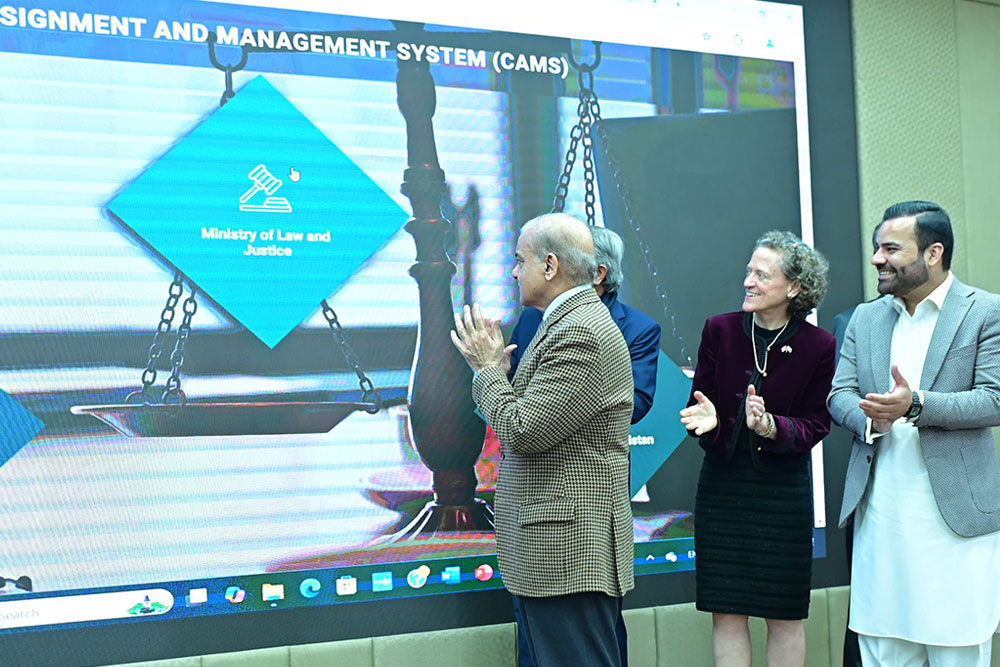
A strong and enduring partnership between Pakistan, Canada, and UNODC is driving transformative advancements in security, law enforcement, and judicial governance. With the financial support of the Government of Canada, the United Nations Office on Drugs and Crime (UNODC) Country Office Pakistan continues to work closely with the Government of Pakistan to enhance institutional capabilities, address emerging security threats, and promote human rights and gender responsiveness within law enforcement and criminal justice sectors.